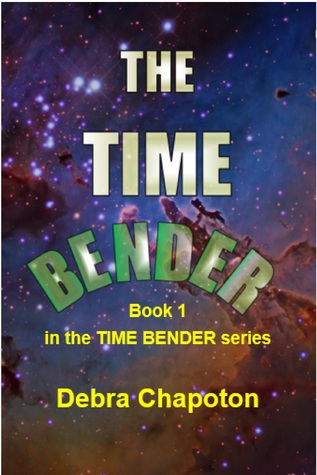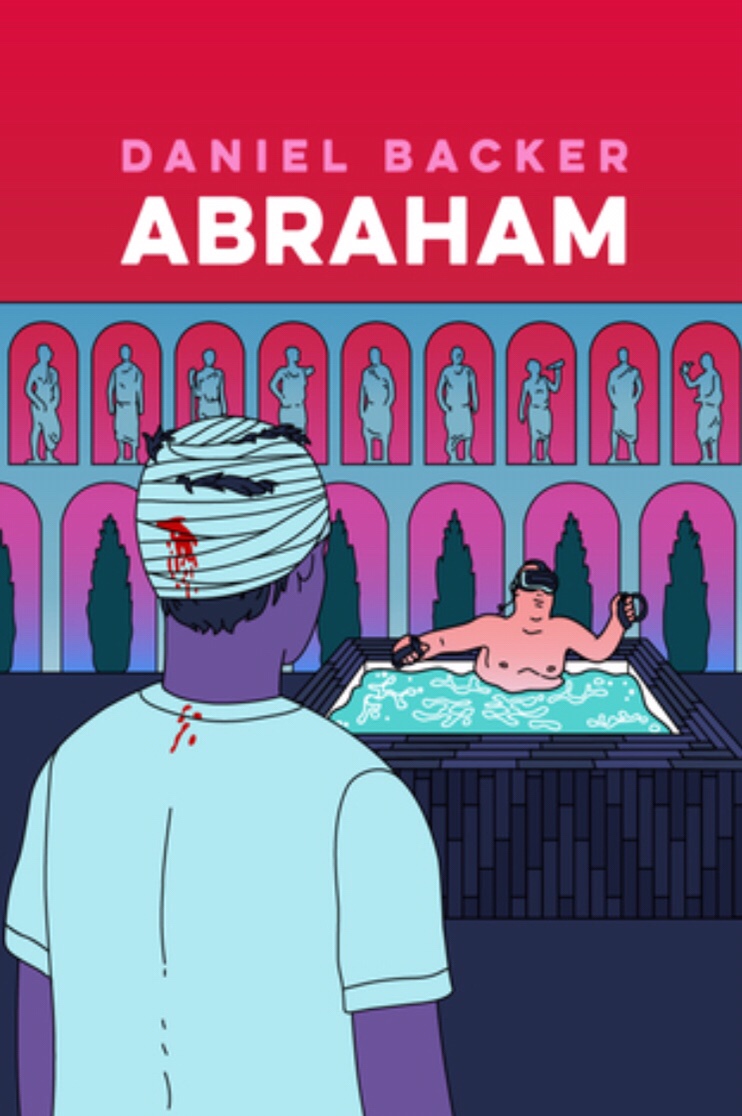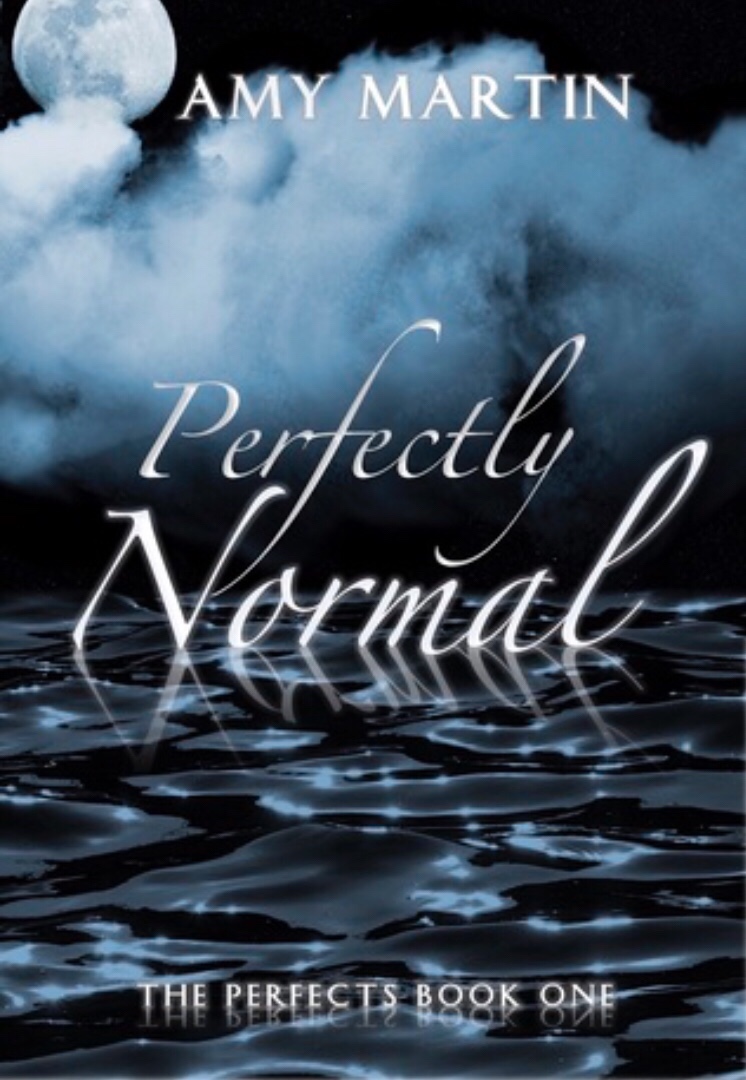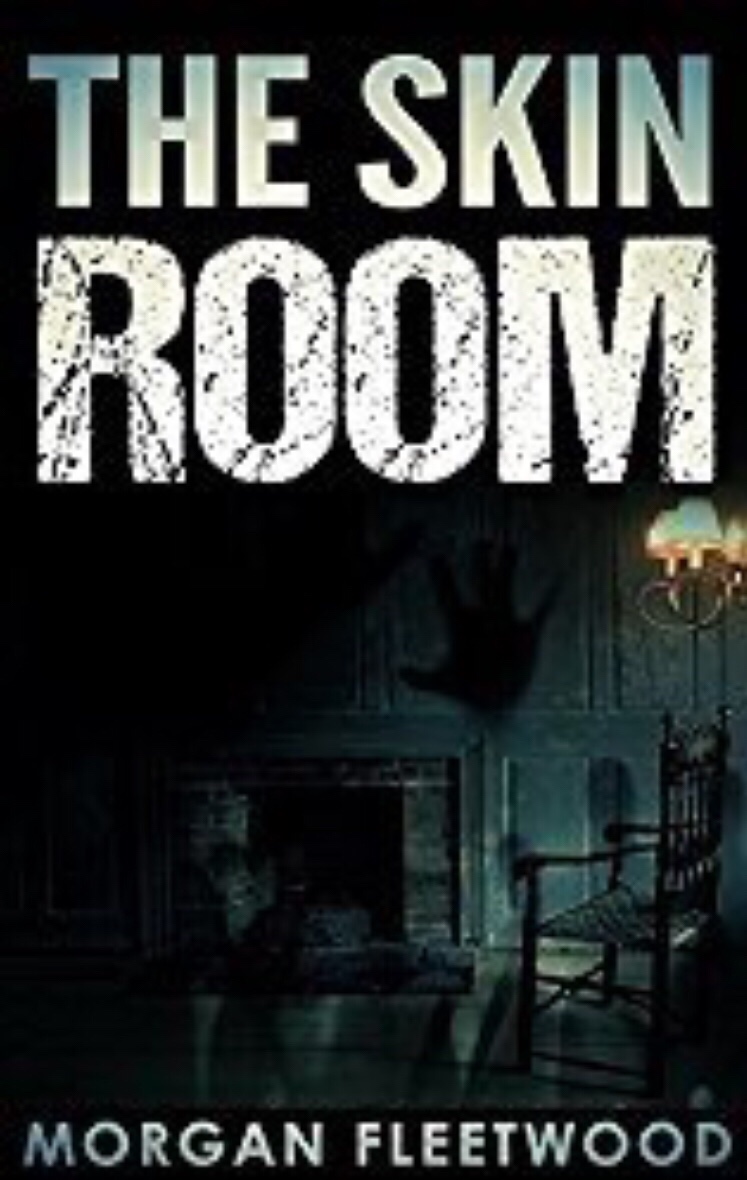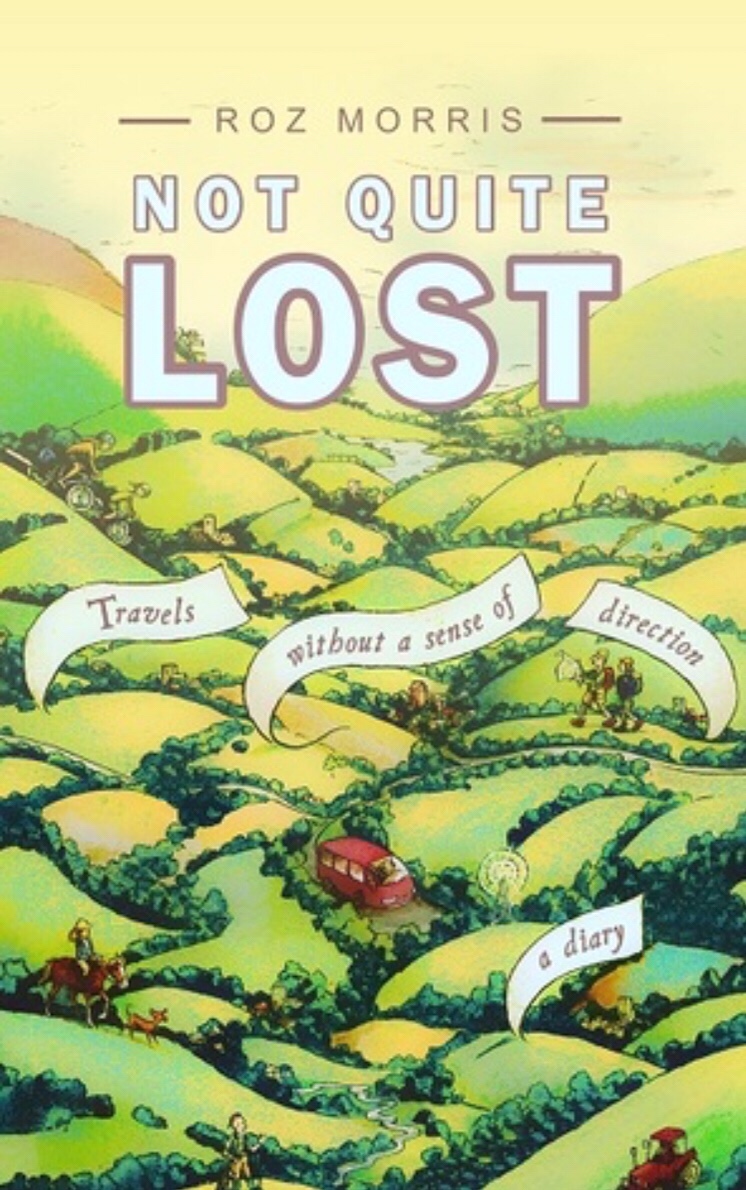
![]()
An odd little alien romance that’s pretty well-suited for the target audience.
Tasked with abducting a human time-bender, aliens Marcum and Coreg get much more than they bargained for. Competition, sleeper-aliens, and the threat of other, more dangerous aliens keep these characters on their toes while they navigate through their feelings.
And a love-triangle. Beneath the sci-fi exterior, there was a very familiar romance formula. It was done better than most, though. Overdone, but not inherently detrimental.
My favorite part was how Selina’s friend, Alex, was incorporated to be important to the narrative. Rather than being left as the goofy sidekick/love-interest, he was given a solid character and treated to character development. He had his own storyline that assisted with the plot. The only thing that bothered me was how fast things were learned during the climax. Not just for Alex, either. Several characters fell victim to that category. And it all occurred about the same time.
The characters were very likeable and, for the most part, relatable. I liked the way they meshed together to push the story along. Their storylines intertwined without getting in the way of the overarching plot. Not only was Selina’s character development assisted by it, but it also catapulted minor characters into the spotlight. I enjoyed the dialogue; it flowed naturally and helped the characters be engaging. This played towards the more light-hearted tone that the narrative maintained.
The switching between first and third person was jarring, no matter how much I understood the desire to tell both sides of the story.
Overall an interesting read. There was definitely more than enough there to pique my interest in the rest of the series.
